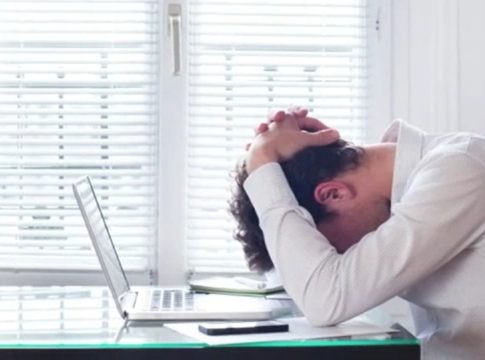Navigating Mental Health Challenges in Extreme Heat
As summer temperatures soar in Central North Carolina, it’s essential to recognize the potential effects of extreme heat not just on our physical health but on our mental well-being as well. Dr. Narissa Price, a psychiatrist, emphasizes that while many are aware of risks like dehydration and heat exhaustion, the psychological consequences are often overlooked.
Understanding Mental Health Impacts
The heat can lead to more than just physical discomfort; it can also manifest in various mental health symptoms. These include:
- Mood swings
- Difficulty sleeping
- Trouble concentrating
Individuals who already grapple with mental health conditions—such as anxiety disorders, mood disorders, or schizophrenia—may feel exacerbated symptoms during heat waves. This heightened stress can even lead to increased thoughts of self-harm or suicidal ideation. It’s crucial to understand that these feelings are valid and not merely imagined.
The Isolation Dilemma
Staying indoors may seem like an effective way to beat the heat, but it can also lead to feelings of isolation. Reflecting on the lessons learned during the COVID-19 pandemic, Dr. Price points out that social isolation can adversely affect our mental health. While staying cool is important, it’s equally vital to maintain connections with friends and family.
Tips to Stay Connected
- Reach Out: Connect with loved ones through phone calls or video chats.
- Join a Group: Engage in community activities or online support groups.
- Stay Active: Participate in brief outdoor exercises during cooler parts of the day.
Being Proactive About Your Feelings
During times of extreme heat, it’s helpful to regularly check in with yourself emotionally. Recognize that increased stress and anxiety are natural responses to high temperatures. If you notice changes in your well-being, it’s important to seek help. Here are some strategies to consider:
- Stay Hydrated: Drink plenty of water to combat dehydration, which can worsen mental clarity and mood.
- Practice Self-Care: Engage in activities that bring you joy—such as reading, meditation, or gentle exercise.
- Avoid Over-Isolation: Make a conscious effort to maintain social interactions, even if virtually.
The Importance of Checking In
Particularly vulnerable populations, such as elderly neighbors or family members, may shy away from using air conditioning due to financial constraints. Dr. Price encourages community members to check in on these individuals, as the heat can pose serious health risks.
Seeking Help When Needed
If you or someone you know is feeling overwhelmed or experiencing thoughts of self-harm, know that you are not alone. It’s vital to reach out for help and take concerns seriously. Resources like the National Suicide Prevention Lifeline (988) are available to provide immediate support.
Remember:
- Feeling overwhelmed is a natural response to extreme conditions.
- Make a habit of checking in on loved ones and yourself.
- Don’t hesitate to seek professional help if needed.
In these challenging times, maintaining awareness of our mental health is crucial. By staying connected, prioritizing self-care, and being proactive, we can navigate this heat wave together, ensuring our overall well-being.

Covers wellness, nutrition, mental health, and daily life tips.
Bio: Talia brings a background in health journalism and holistic living to help readers live better, one tip at a time.

